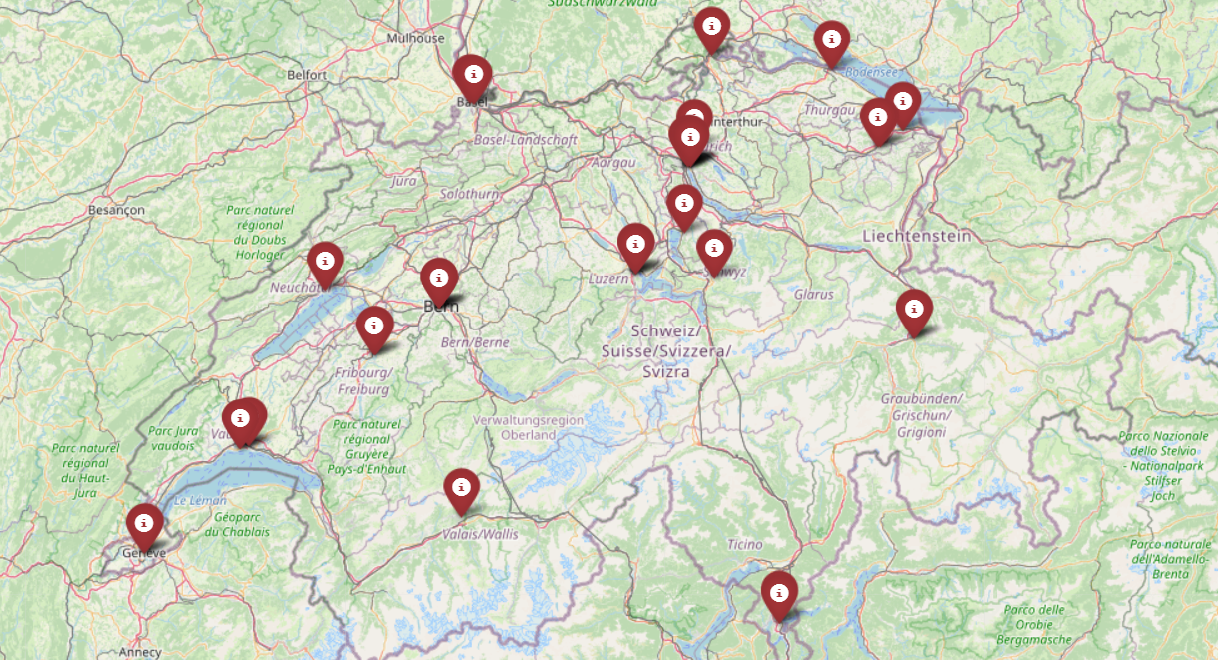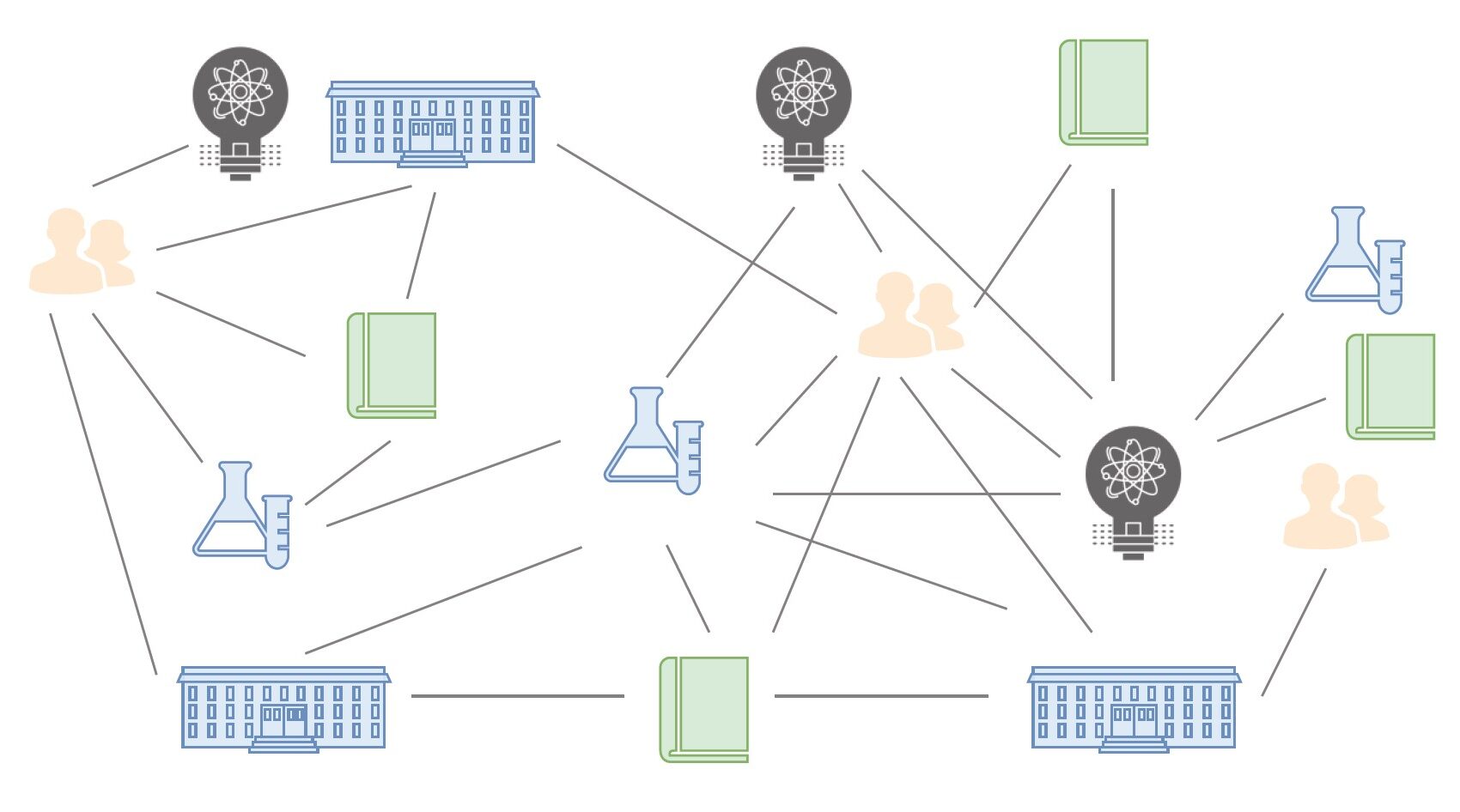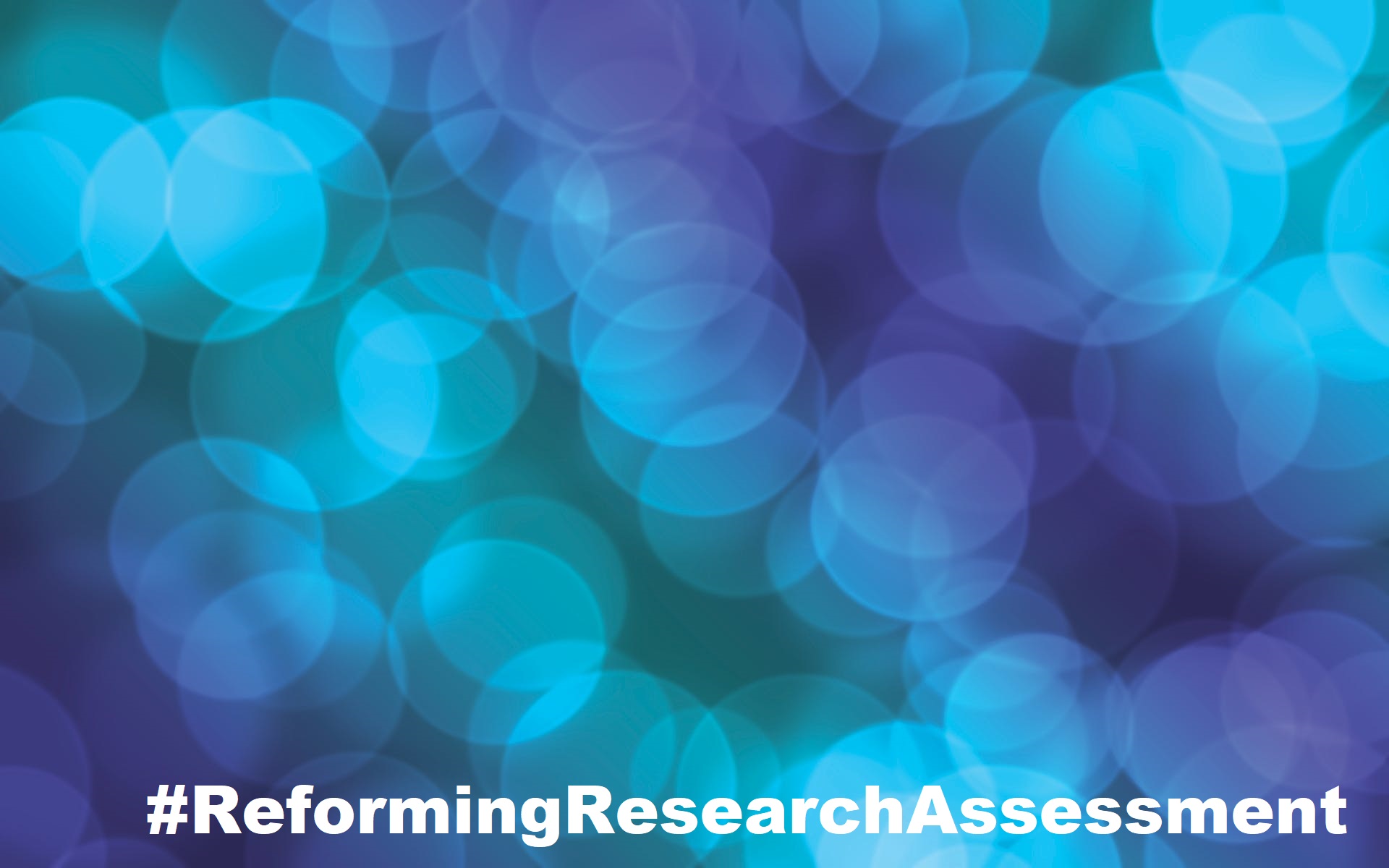The case of eLife, a life science journal, shows that Open Science is not an easy task and can generate many open questions and uncertainties in the assessment of research. eLife drastically changed its peer review procedure this year, for example, by revoking editorial decisions for acceptance and rejection of a manuscript. Perhaps disciplines focusing on individual assessment, such as psychology or medicine, could give some perspectives on how to deal with uncertainty in research assessment. A broader set of information is necessary that includes peer review ratings and a set of bibliometric indicators beyond the classical citation impact indicators. The quality of information in terms of reliability, validity, and fairness should be explicitly taken into account.
Exploring Swiss Higher Education Institutions in Commercial Bibliometric Databases
This blogpost covers the main findings and implications of a study of Swiss higher education institutions’ findability in commercial bibliometric databases, conducted within the project “Towards Open Bibliometric Indicators” (TOBI). It underscores the relevance of organisational identifiers and language disambiguation for the findability and visibility of Swiss HEIs in bibliometric databases. It also showcases the … Read more






